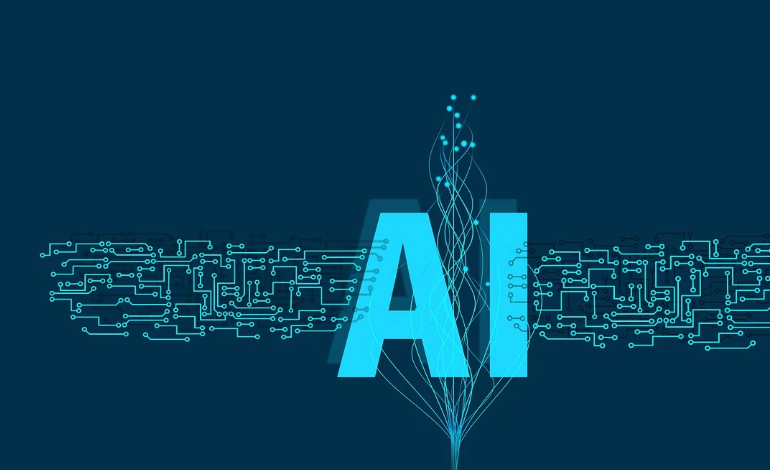
Analysis of the application and impact of industrial robots: Key elements of future manufacturing
As an important part of modern manufacturing industry, industrial robots are playing an increasingly important role. With their efficiency, precision and flexibility, they have replaced human labor on the production line and become a key element of manufacturing. The application and impact of industrial robots will be analyzed below.
First of all, the application range of industrial robots is very wide. They are widely used in automobile manufacturing, electronic product manufacturing, aerospace and other fields. In automobile manufacturing, industrial robots can complete important processes such as body welding, painting, and assembly, improving production efficiency and quality stability. In the manufacture of electronic products, industrial robots can realize circuit board assembly, parts detection and other work, which greatly improves the production efficiency and the stability of the production line. In the aerospace sector, industrial robots can be used in the production and assembly of aircraft components, reducing the need for human labor and improving production efficiency and quality.
Secondly, the impact of industrial robots on the manufacturing industry is profound. First, they increase the efficiency of the production line. Industrial robots can work continuously for 24 hours without the need for rest and vacation, which greatly shortens the manufacturing cycle of products and improves production capacity. Secondly, industrial robots have high precision and stability, which can reduce errors and defects caused by human operation and improve the quality and consistency of products. Third, the flexibility of industrial robots allows the production line to be quickly adjusted and changed according to demand to adapt to the manufacturing needs of different products. In addition, industrial robots can also replace humans in dangerous environments to operate, ensuring the safety of workers.
However, the widespread application of industrial robots has also brought some challenges and problems. First of all, the investment cost of industrial robots is high, which may be a burden on small and medium-sized enterprises. Secondly, the maintenance and maintenance of industrial robots require professional technicians, which puts higher requirements on the human resources of enterprises. In addition, the movement and operation of industrial robots require strict safety measures to prevent accidents.
In general, industrial robots, as a key element of the future of manufacturing, are changing the landscape of manufacturing. Their efficiency, precision and flexibility give companies a huge competitive advantage, improving production efficiency and product quality. However, the application of industrial robots also needs to fully consider factors such as investment costs, maintenance and safety. As technology continues to develop and mature, it is believed that industrial robots will continue to play an important role in the future and bring more opportunities and challenges to the manufacturing industry.